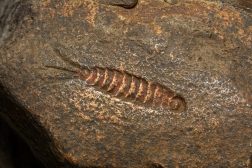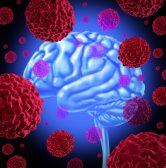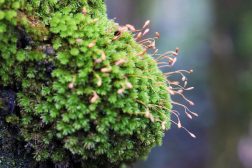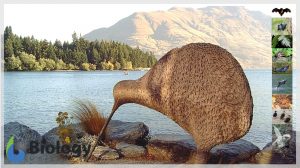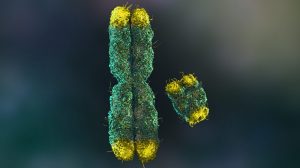Definition
noun, plural: ketoses
A monosaccharide with a ketone as its carbonyl group
Supplement
A carbohydrate is an organic compound consisting of carbon, hydrogen, and oxygen. Carbohydrates are classified into monosaccharides, disaccharides, oligosaccharides, and polysaccharides. The monosaccharides are the simplest forms of carbohydrates, and are further classified based on the carbonyl group they contain. Accordingly, monosaccharides may be aldose or ketose. While an aldose is a monosaccharide containing an aldehyde group (-CHO), a ketose is one that contains a ketone (C=O). A ketose serves as a reducing sugar. However, those that are bound into the glycosides are non-reducing sugar.
Ketoses may be classified based on the number of carbons in the main chain. For example, a three-carbon ketose is referred to as a triose. An example of this is dihydroxyacetone. Tetroses are four-carbon ketoses. An example is erythrulose. Pentoses are five-carbon ketoses and examples are ribulose and xylulose. Hexoses are six-carbon ketoses. Examples include fructose, sorbose, and psicose. Heptoses are seven-carbon ketoses, such as sedoheptulose. Octoses are eight-carbon ketoses (e.g. D-manno-octulose). Nanoses are nine-carbon ketoses (e.g. D-glycero-D-galacto-nonulose).
One way to chemically identify a ketose from an aldose is through Seliwanoff’s test. Aldoses produce a light pink color whereas ketoses produce a dark red color. To isomerize a ketose into an aldose, Lobry-de Bruyn-van Ekenstein transformation is applied.
See also:
- monosaccharide
- aldose


